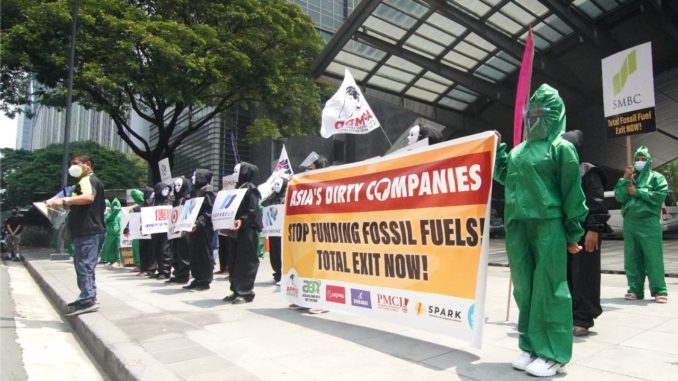
The Asian Clean Energy Forum (ACEF) 2021, a meeting of hundreds of civil society organizations and others interested in clean energy policy, was underway on June 15 in Manila, The Philippines, when one session came to a halt.
An Asian-led network of over 250 civil society organizations from around the world called NGO Forum on ADB decided to disengage from a session it was co-hosting alongside the Asian Development Bank (ADB). The session in question was about ADB’s draft energy policy. ADB is a multilateral bank that finances development projects, specifically involving fossil fuel energy across Asia.
“The focus of the ACEF discussions were topics like energy transition and of course these are important,” said Lidy Nacpil, coordinator of the Asian Peoples’ Movement on Debt and Development (APMDD), a member organization of the NGO Forum on ADB. “But we believe their approach to transition is not fast enough and not ambitious enough considering what we need to prevent climate catastrophe.”
In May 2020, the ADB released a draft of its energy policy. Titled “Energy Policy: Supporting Low Carbon Transition in Asia and the Pacific,” the document is a revision of the bank’s 2009 energy policy. The draft signals a shift away from coal financing, but it allows for financing of natural gas projects. And so, given a nod for continued financing of fossil fuel projects in an era of climate change, ADB’s energy policy has been criticized. Whether the bank will actually engage with such criticism though is another question.
“ADB has opened up consultations with civil society groups, but the meetings for these consultations are very brief,” Nacpil said. “There isn’t enough space for dialogue and debate about important passages in the energy draft, like the usage of false solutions like carbon capture and storage.”
Scientists have criticized technologies like carbon capture and storage for being “expensive, energy intensive, risky and unproven.”
The reasons for disengaging from the clean-energy forum included the lack of transparency, inclusivity and meaningful consultation with civil society in the ADB energy-policy review process. For many civil society organizations from across central, southern and southeast Asia, they did not experience anything but a one-sided push aimed at informing rather than engaging with participants.
NGO Forum on ADB added the ADB Sustainable Development and Climate Change Department (SDCC) has not provided any information about the timeline for consultations or the process by which inputs provided by groups like NGO forum on ADB will be taken into account before the draft is finalized.
This reporter sent questions to Bruno Carrasco, director general and chief compliance officer of the ADB SDCC regarding the lack of transparency and a need for Engagement, but received no comment.
Grassroots Voices Left Out
“The name ‘Asian Clean Energy Forum’ is a misnomer. ACEF is neither Asian nor clean,” said Vidya Dinker, national president of the Indian Social Action Forum (INSAF) and coordinator of Growthwatch, a research and advocacy group in India. INSAF is another member of NGO Forum on ADB. “It’s a networking event for ADB to reach out to people who they think will broaden their reach and business.”
In a press briefing held on June 18, Hasan Mehedi from the Coastal Livelihood and Environmental Action Network (CLEAN) Bangladesh, said, “ADB is continuing to finance fossil fuels including Liquified Fossil Gas and Waste to Energy while global scientific communities warn about any further investment for fossil fuels.” But Mehedi said ADB has yet to reach out to the project-affected communities on the ground. “Without consulting the affected communities and local civil society, how can ADB finalize such an important policy which has a direct impact on local communities and on the environment?”
Nacpil noted a need to “overhaul” ADB as an institution. The reasons, she explained, includes “neoliberal paradigm and strategies,” “undemocratic governance system” and the “use of loans as leverage to reshape Asian economies, according to its private sector and market driven growth framework.”
Filipino climate campaigners biked their way to @ADB_HQ in Manila to call on governments and financial institutions to end support for fossil fuels, and undertake urgent climate actions. This action comes in line w/ this year’s #ClimateWeekAP. #FossilFuelFreeAsia @UNFCCC https://t.co/p0ePeNPwTw pic.twitter.com/lEoyx1o5T0
— APMDD (@AsianPeoplesMvt) July 9, 2021
Demands for Loan Cancellation
In a statement submitted as part of the Fossil Free ADB campaign, APMDD said “financing of fossil fuel projects has largely been in the form of loans. In addition to the grave impacts and implications of its fossil fuel financing on people, communities and on the climate, we are also deeply concerned that ADB’s fossil fuel financing has also exacerbated the debt burdens of its member countries. It is only fitting that the ADB Energy Policy Review also address the loans involved in its fossil fuel financing.”
The @ADB_HQ pledges full alignment to the Paris Agreement goals by 2023 to 2025 but its energy policy draft’s still open to financing gas and other harmful projects.#GasIsNotATransitionFuel#StopFinancingFossilFuels#NoToFalseSolutions pic.twitter.com/DFVu6wbo6v
— APMDD (@AsianPeoplesMvt) July 12, 2021
The Fossil Free ADB campaign is aimed at ensuring a “no fossil fuels” ADB energy policy. It is organized by a group of civil society organizations, researchers and activists, including NGO Forum on ADB, Asian Peoples’ Movement on Debt and Development (APMDD), 350.org and the Consortium for Energy, Environment and Demilitarization.
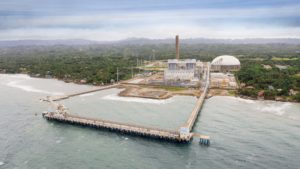
APMDD called on ADB to adopt a policy and take action that will address accountability for impacts of ADB-financed coal projects and ways to ease the debt burden created by ADB lending, especially lending to harmful projects.
“In their draft energy policy, they acknowledge coal projects have been problematic and that’s why we need to shift to clean energy now,” Nacpil explained. “But they are not taking into consideration the economic impacts of the projects they have funded, the kind of financial burden these projects have brought to countries.”
Rayyan Hassan, executive director of NGO Forum on ADB, said that with ADB’s coal ban having yet to be implemented, it is logical to consider calls for decommissioning old plants and the loans associated with them. Examples of such plants include the Masinloc and Visayas thermal power plants in The Philippines, the Tata Mundra coal plant in India, and Jamshoro coal plant in Pakistan.
In response to questions about debt relief, Dr. Yongping Zhai, chief of the energy sector group at ADB said that for ADB, “offering any form of debt relief to any of its borrowing member countries will compromise its preferred creditor status, which underpins ADB’s strong credit ratings. Our strong credit rating is critical for ADB to offer low-cost funding to all borrowing member countries, in support of their development efforts.”
“Yongping Zhai is speaking as a banker, not a development banker who is concerned about member countries’ debt burdens,” Dinker said.
As of now, the draft energy policy does not specify if any debt relief will be provided in relation to fossil fuel projects. It remains to be seen if this undergoes a change as deliberations with civil society groups and activists move ahead. The draft is up for submission to ADB’s board of directors later this year.
Rishika Pardikar is a freelance journalist in Bangalore, India.

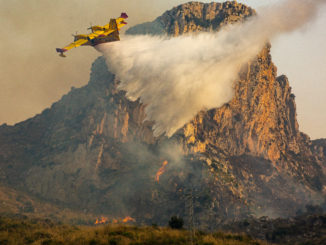
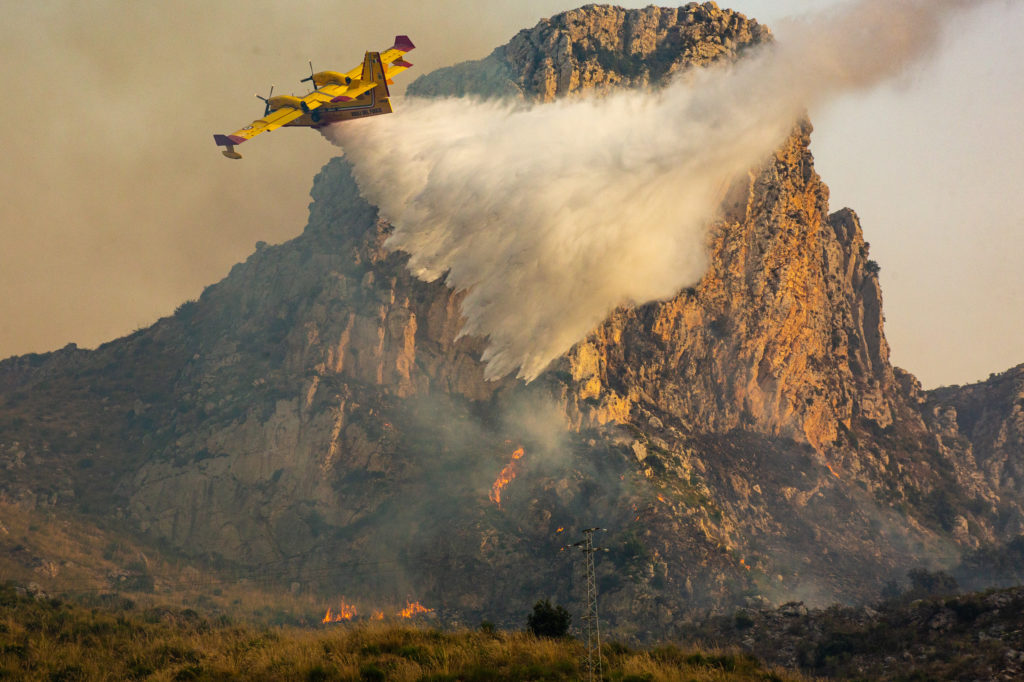
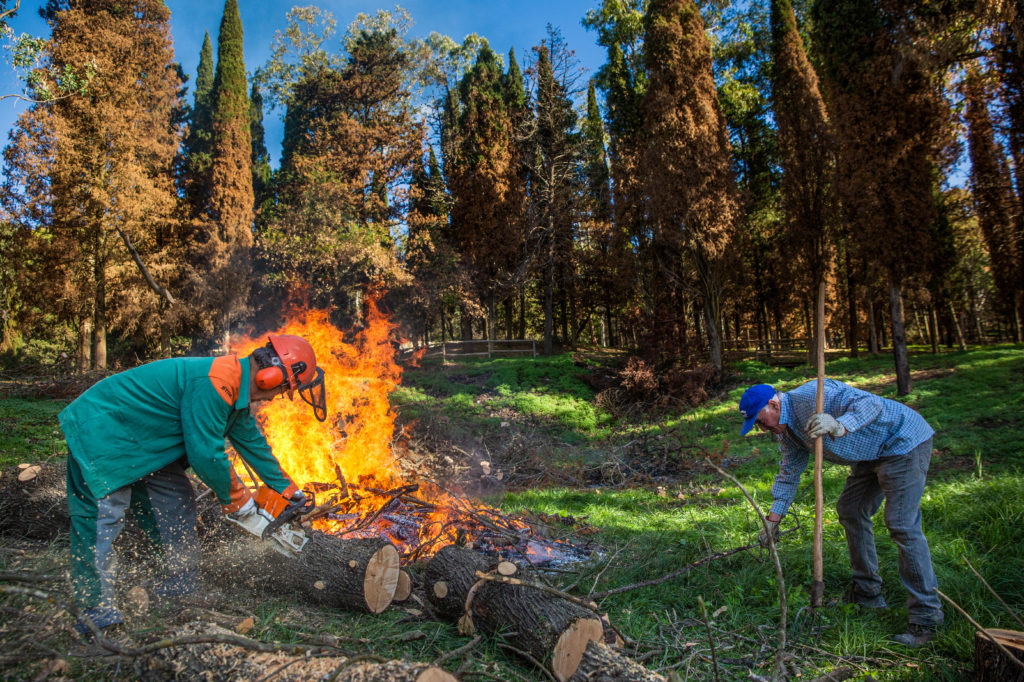
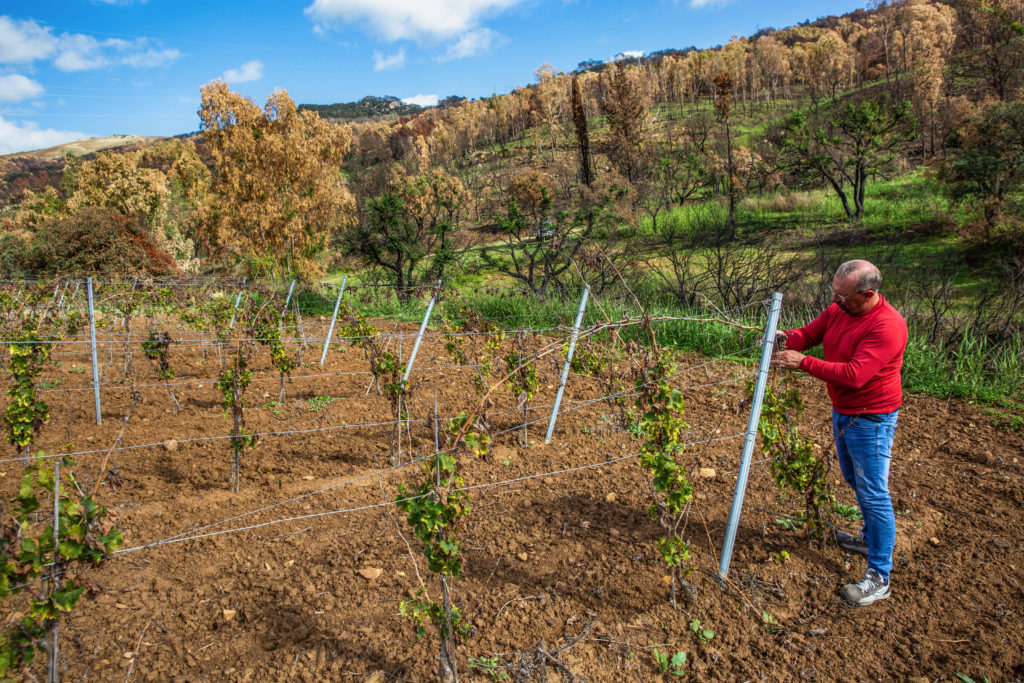
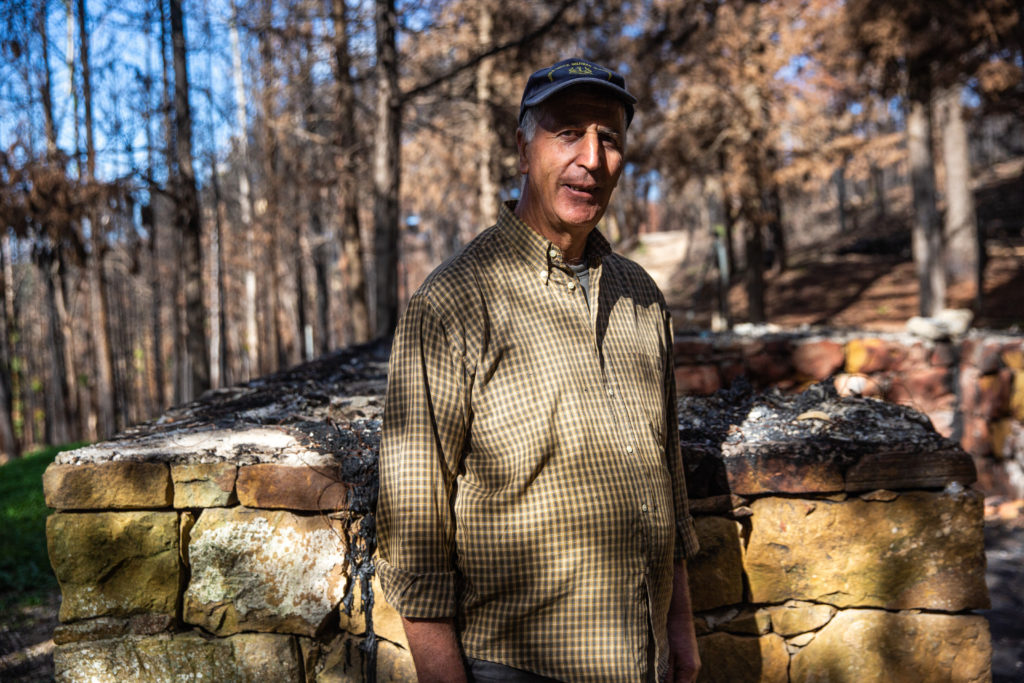
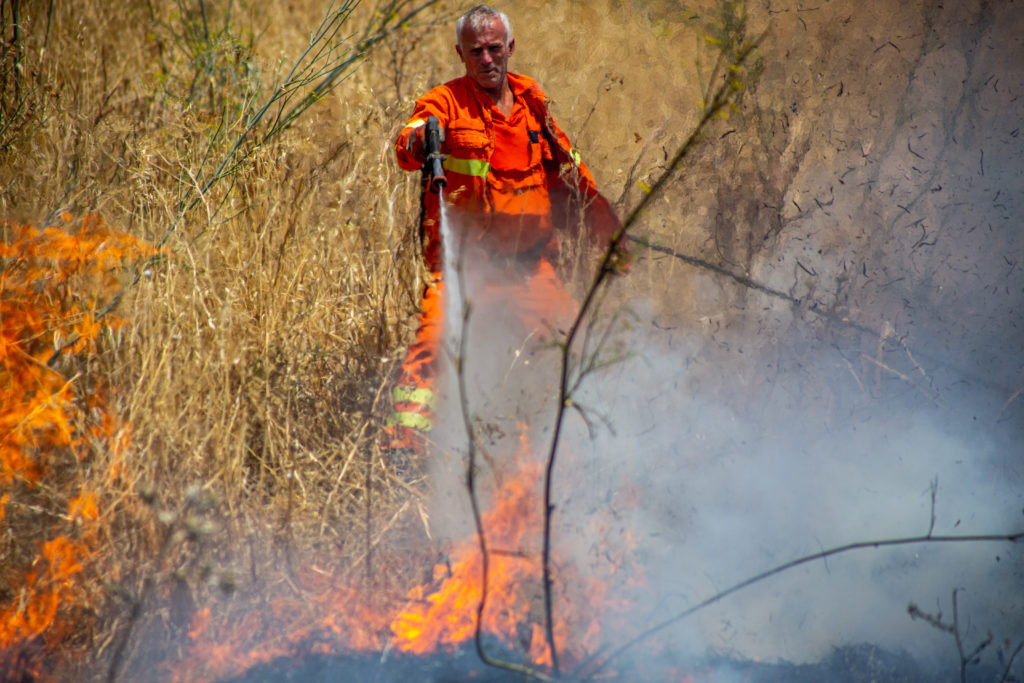
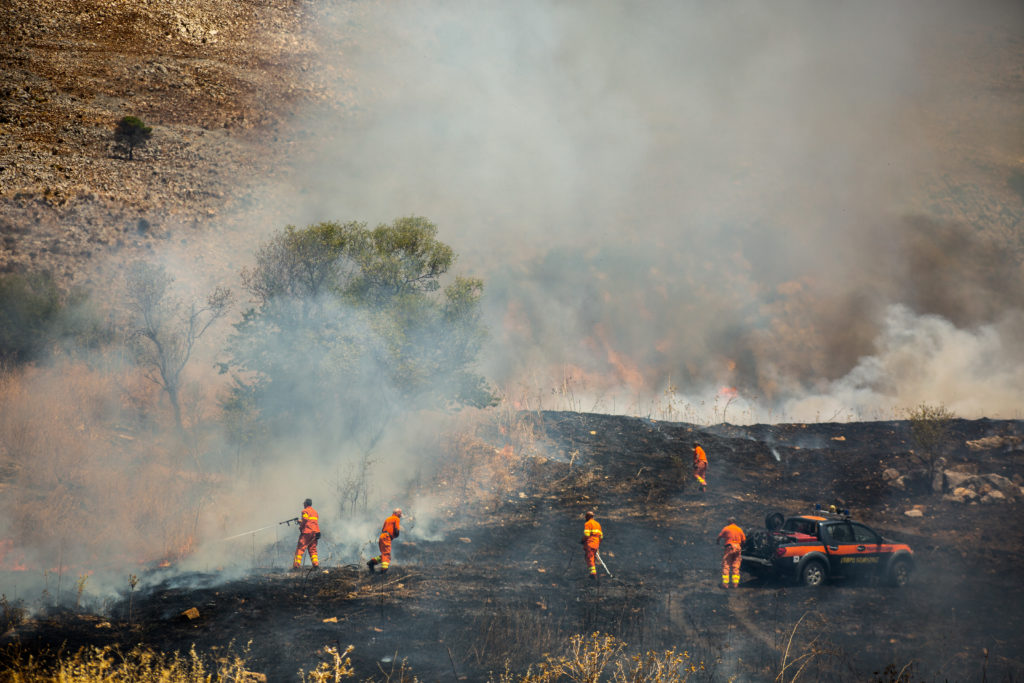
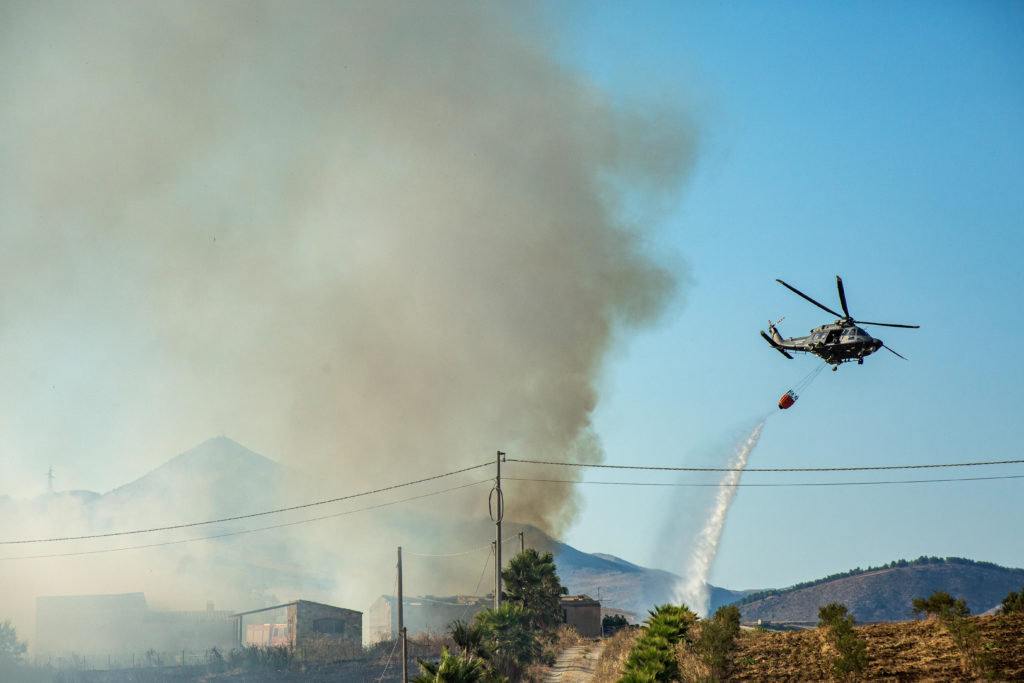
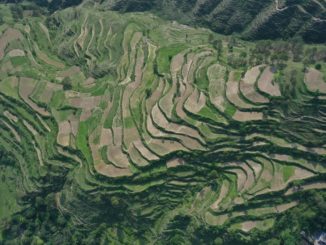

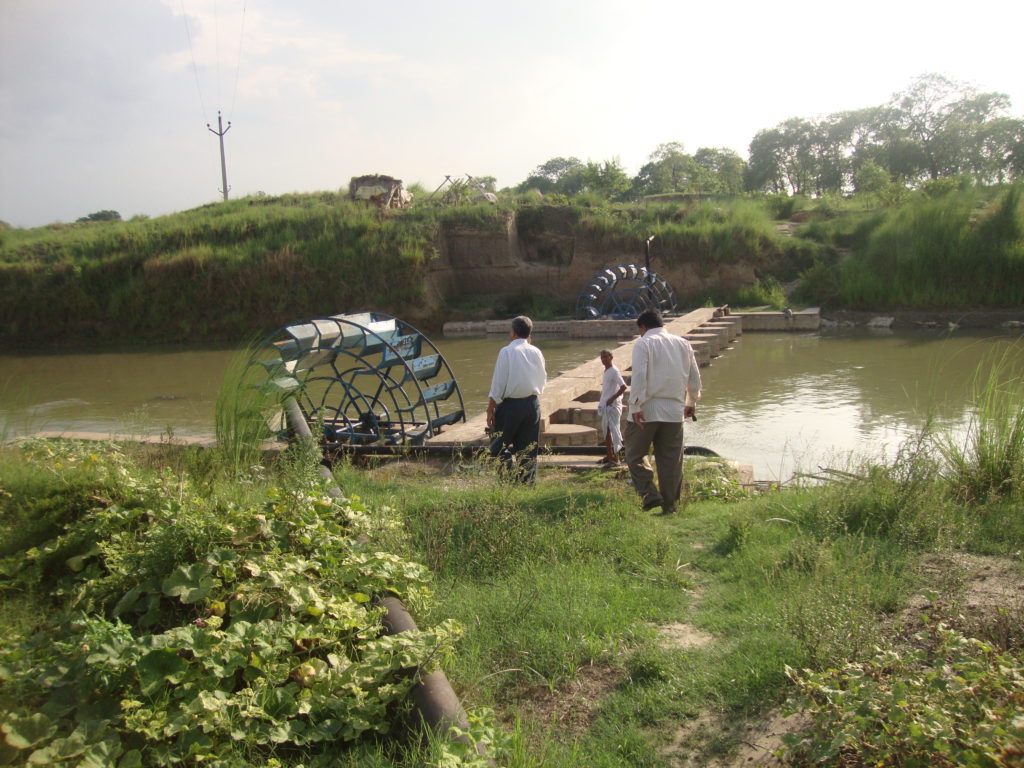
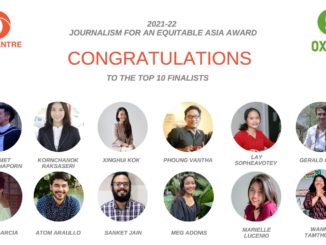
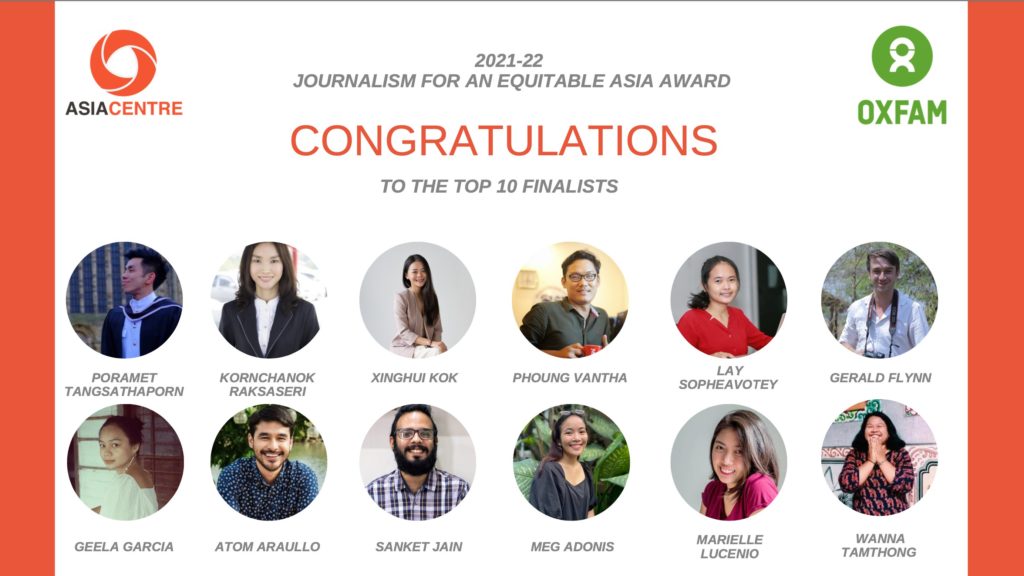
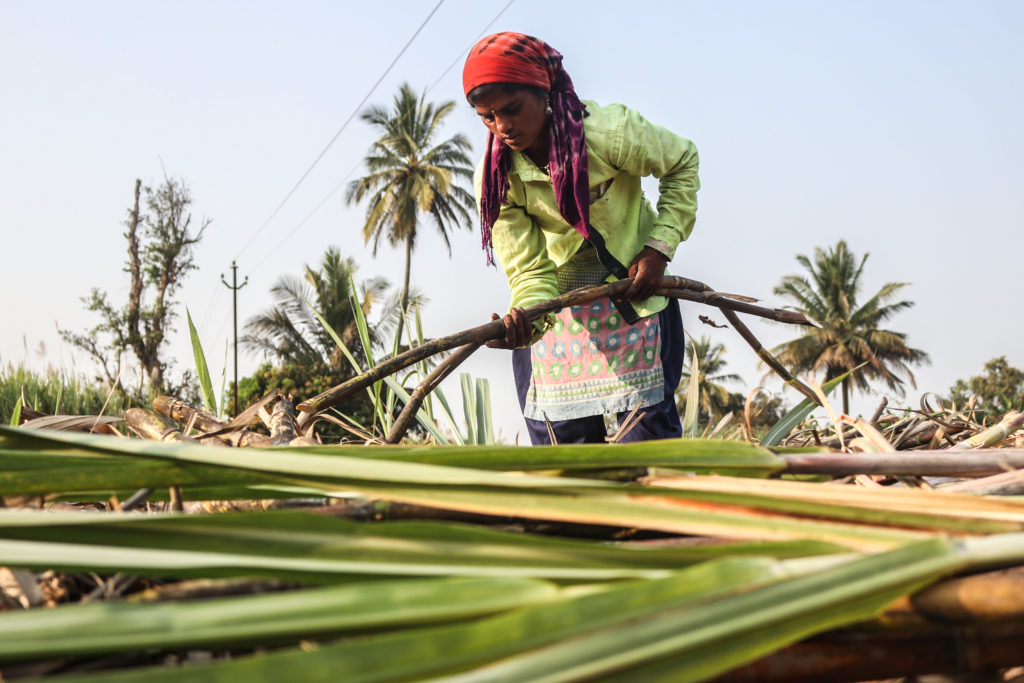
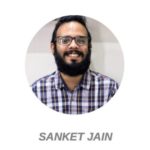 The award winner will be announced at 2 p.m. Bangkok time on March 15. The event can be attended in person and watched online by registering
The award winner will be announced at 2 p.m. Bangkok time on March 15. The event can be attended in person and watched online by registering